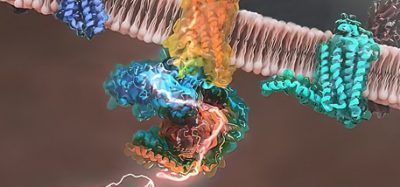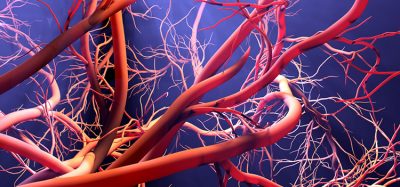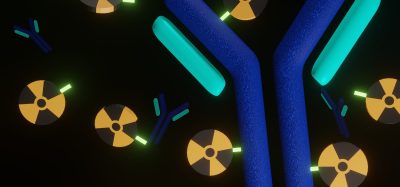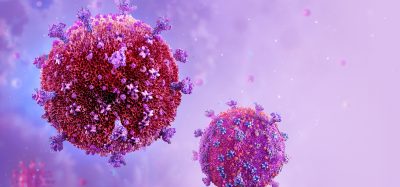Assay reveals potency of neutralising antibodies in COVID-19 patients
Posted: 17 December 2020 | Victoria Rees (Drug Target Review) | No comments yet
Researchers have shown that neutralising antibodies developed in COVID-19 patients were less potent if from those with severe or fatal disease.
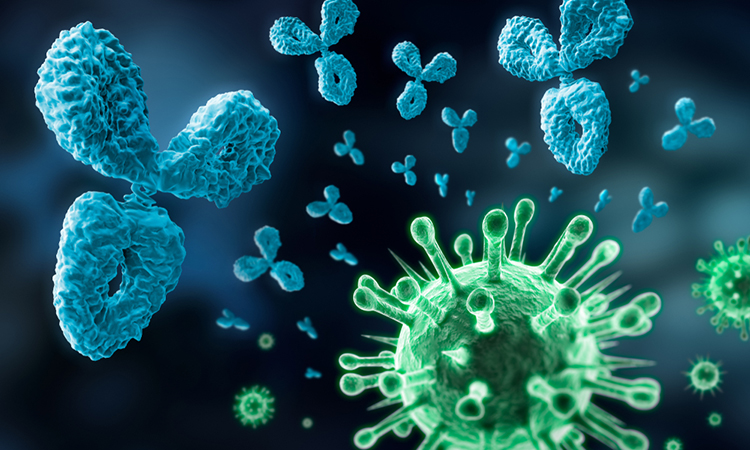
Scientists have shown that the potency of SARS-CoV-2 neutralising antibodies which developed in COVID-19 patients was significantly reduced in those with severe or fatal disease compared to patients with milder infections. The study was conducted at the Ragon Institute of Massachusetts General Hospital (MGH), MIT and Harvard, US.
“Potent neutralising antibodies were associated with a positive outcome,” said Dr Alejandro Balazs, lead author of the study. “We found that if a person made antibodies that were more effective at neutralising the virus, they seemed to have better clinical outcomes.”
Balazs’s group developed an automated assay that could measure the potency of neutralising antibodies in hundreds of COVID-19 patient samples at a time. They used this technology to examine samples from 113 COVID-19 patients, comparing milder cases to severe and fatal ones to understand the nuances of the antibody response.
They discovered that patients with severe or fatal COVID-19 had significantly less effective neutralising antibodies than patients with milder cases. A model they built suggested that measuring the potency of these antibodies could predict patient outcomes.
“By measuring the neutralisation potency of a patient’s antibodies,” said Dr Wilfredo Garcia-Beltran, co-first author of the study, “we may be able to identify patients at risk of severe disease or death and use that to guide treatment options.”
The neutralising antibodies were also effective against the recently identified and widespread SARS-CoV-2 mutation known as D614G, indicating that the antibody responses that develop in most patients may provide protection even as the virus mutates. However, by modifying their assay to look at neutralisation potency against a similar, pre-emergent coronavirus identified in bats, they found the antibody responses were largely ineffective, suggesting that this coronavirus strain may pose a threat if it ever crosses into humans.
“Though the ability to protect against mutated forms of the virus is promising,” said Evan Lam, also a co-first author of the study, “these results suggest that, to prepare for potential future pandemics, we need to look towards developing vaccines capable of providing a broadly protective response.”
The study on COVID-19 was published in Cell.
Related topics
Antibodies, Antibody Discovery, Assays, Disease Research, Protein, Proteomics, Research & Development
Related conditions
Covid-19
Related organisations
Harvard, Massachusetts General Hospital (MGH), MIT
Related people
Dr Alejandro Balazs, Dr Wilfredo Garcia-Beltran, Evan Lam



